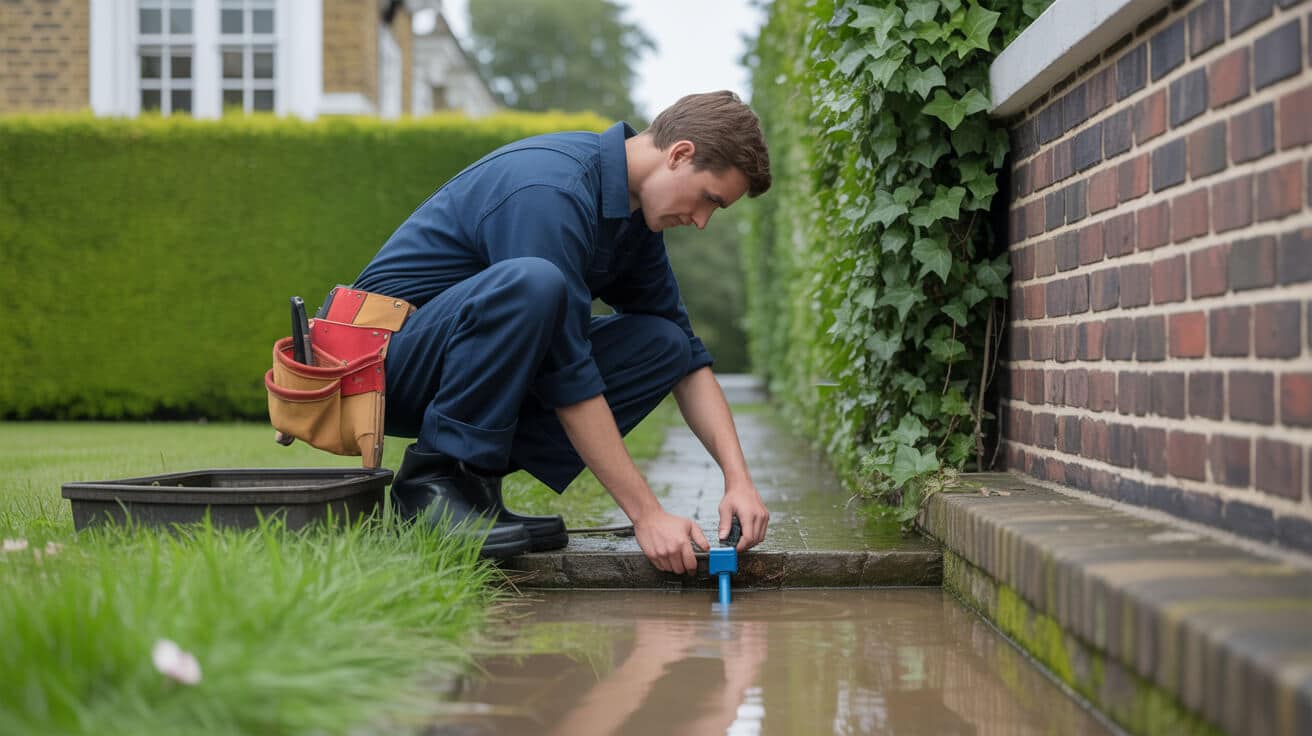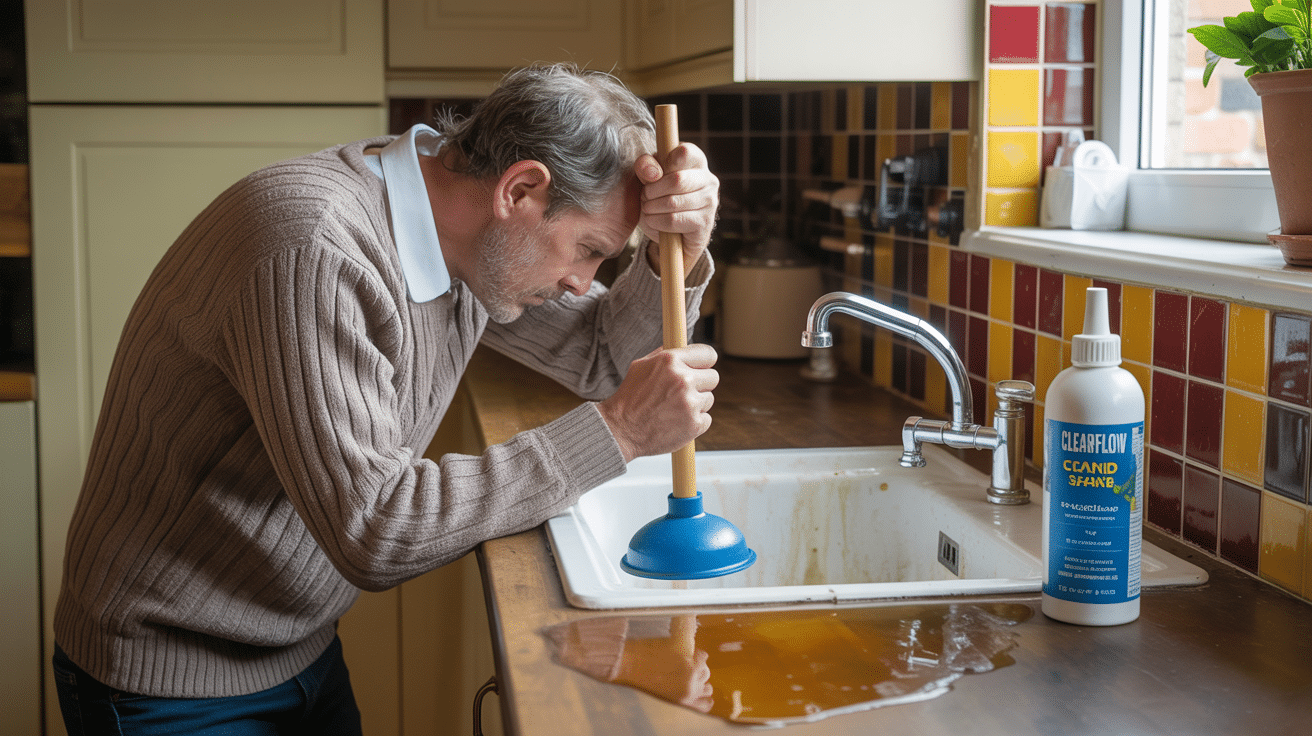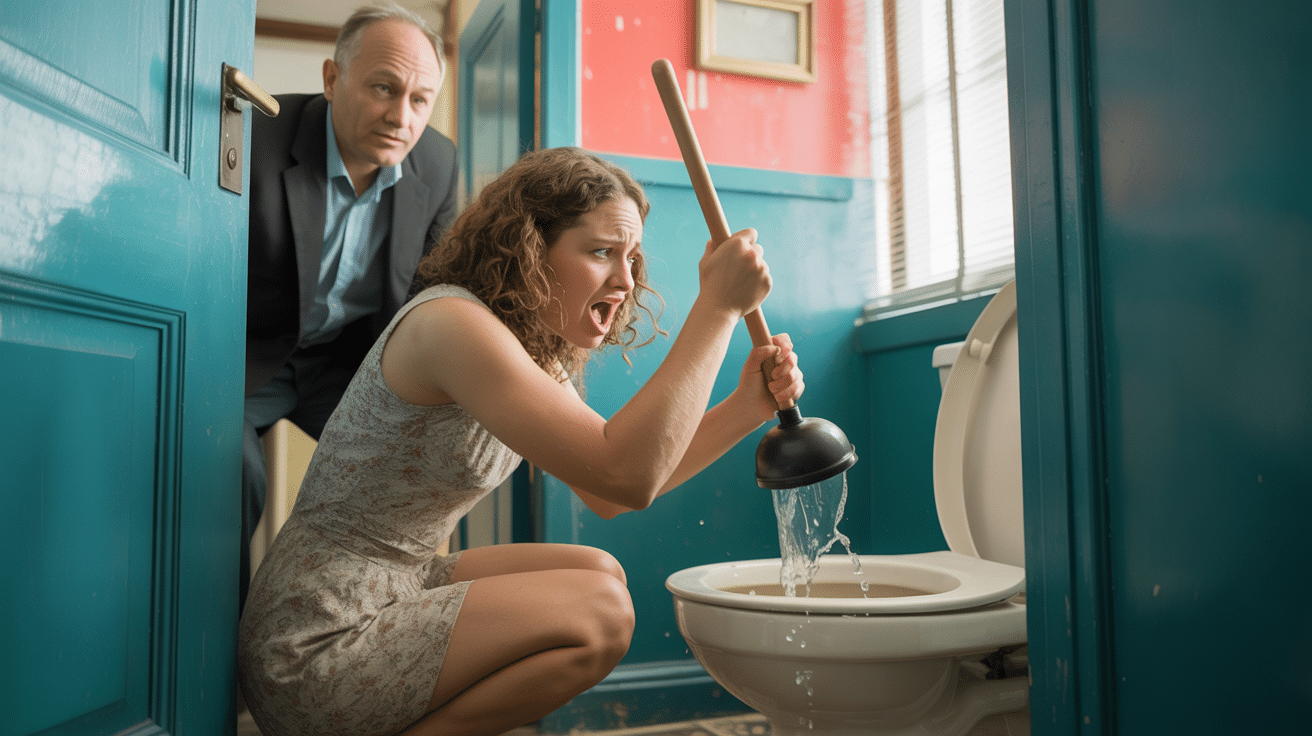 Combatting the 10 Most Common Plumbing Emergencies in the UK
Combatting the 10 Most Common Plumbing Emergencies in the UK
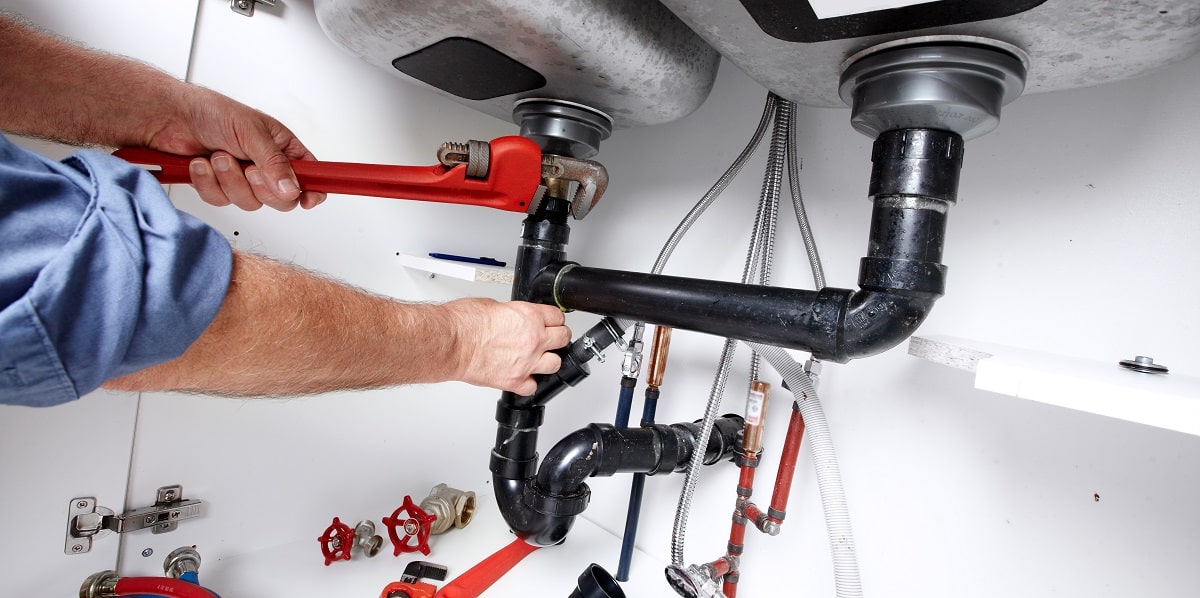
Ever wondered what’s the real deal with 10 Most Common Plumbing Emergencies in the UK? Or why you can’t escape a flooded kitchen or dripping tap no matter how new your property is?
You’re not alone.
We all have stories of disrupted mornings, mid-shower ice baths, and surprise indoor water features. But here’s something most people don’t know: these are not just minor inconveniences but signs of potential plumbing disasters waiting to happen.
In this read, we’ll be delving into common plumbing emergencies that turn peaceful homes into watery chaos and cause heartache for many homeowners across the UK. We’ll share insights on everything from bursting pipes to blocked drains, low pressure showers to gurgling toilets; exposing their hidden dangers and offering practical solutions too!
Ever found yourself in a surprise splashdown? Let’s chat about that.
Unveiling the Most Common Plumbing Emergencies in the UK
The heart of every home, plumbing is crucial for our daily routines. But when common plumbing issues strike, they can wreak havoc and cause significant disruption.
Burst pipes are one such demon that usually rears its head during winter due to freezing temperatures. The water inside freezes, causing pressure buildup leading to a burst pipe. These types of emergencies need immediate attention as broken water lines can result in substantial damage.
If you’ve ever experienced an unexpected indoor shower courtesy of a leaking washing machine hose, you know it’s not just about getting your socks wet; it could lead to considerable property damage if left unattended.
The Hassle of Blocked Drains and Sinks
Next up on this unfortunate list are blocked drains and sinks – true disruptors. Picture preparing your morning cuppa only to find your kitchen sink refusing cooperation because food waste has decided it’s more comfortable staying put than flowing down.
A similar scenario with blocked showers means swapping clean tiles for ankle-deep pool parties featuring soap suds – certainly not ideal. If Bristol residents have faced these woes, don’t fret. Our team at emergency plumber Bristol is always ready for action.
Dripping Taps: A Silent Enemy
Moving onto dripping taps and leaky faucets- while seemingly minor irritations initially can become severe over time. Leaky toilets or faucets aren’t merely annoying; they’re responsible for escalating water bills and promoting rust growth – something nobody wants on their plate (or tap).
Running Toilets – A Common Yet Overlooked Issue
Last but not least, running toilets. Often overlooked, they’re a common plumbing issue causing increased water usage. So the next time your toilet makes gurgling noises or refuses to stop flushing – it’s crying for help.
In summary, from leaky faucets and washing machines to blocked drains and sinks, these are some of the most common plumbing emergencies UK households face.
Key Takeaway:
When it comes to plumbing nightmares in the UK, burst pipes, leaking washing machine hoses and blocked drains are major culprits. Add to that list dripping taps and running toilets – they’re not just annoying but also up your water bills. So next time you face these issues, don’t delay getting them fixed.
The Nightmare of Burst Pipes and Water Leaks
When winter wraps the UK in its icy grip, your pipes can suffer. It’s a hard truth that burst or broken pipes are more common during these chillier months. Why? The freezing of water inside pipes causes expansion, resulting in the bursting and leaking that are common during colder months.
A pipe might appear robust, but when water inside freezes, it expands with brutal force. This pressure leads to bursts and leaks – two destructive culprits of plumbing emergencies. Emergency Plumber London has seen this all too often.
The Hidden Dangers of Leaking Washing Machine Hoses
You’d be surprised how much chaos a seemingly innocent washing machine hose can cause. When they start leaking, things get messy fast. A hidden leak could turn into an indoor waterfall before you know it.
Dripping taps might seem minor compared to bursting pipes or leaking hoses. But don’t underestimate them; even small drips add up over time, increasing your water bills while causing annoying noises at night.
Bursting is not just about frozen pipes either – ageing infrastructure or accidental damage (think: enthusiastic DIY gone wrong) also play their part.
If there’s one thing we want you to take away from this nightmare scenario, it’s this: never ignore a potential problem with your water lines.Prompt action will help prevent further issues like dampness leading to mould growth or structural problems within the house itself. Professional plumbers in London are always ready for such situations so do make use of them whenever necessary.
The Hassle of Blocked Drains and Sinks
Blocked drains and sinks are a major pain, disrupting daily routines like brushing teeth or cooking. Apart from the inconvenience, blocked drains and sinks can also present a serious hazard to health.
When Showers Turn into Pools – Blocked Shower Drains
A refreshing shower turning into an ankle-deep pool is a clear sign of a blocked drain. A blocked shower doesn’t just spoil your mood but can lead to more severe plumbing issues if left unchecked.
Common causes include hair build-up, soap residue, mineral accumulation or even small objects that accidentally find their way down the drain. The result? Sluggish water flow, nasty odours and increased risk of bacteria growth due to stagnant water.
Sometimes DIY methods using baking soda might do the trick for minor blockages but often professional help is needed (Emergency Plumber Bristol). So next time you notice slow draining water in your shower or sink don’t ignore it.
Tackling Sink Blockages Head-On
Kitchen sinks face heavy-duty use daily – washing dishes, disposing food waste and whatnot. Over time this leads to blockage caused by grease buildup or trapped food particles resulting in reduced water pressure when washing up after dinner.
You may think reaching out for chemical drain cleaners could be an easy fix but beware as these harsh chemicals can damage pipes over time leading to bigger problems such as broken water lines. Instead try plunging first before calling professionals for stubborn clogs (Give us a call).
The Silent Enemy – Dripping Taps and Leaky Faucets
Have you ever been kept awake by the relentless ‘drip, drip, drip’ of a leaking tap? Not only is it an annoyance but also it’s your hard-earned money literally going down the drain. These little drips can lead to significant water wastage, higher bills, and even encourage rust and mold growth.
A dripping tap or leaky faucet might seem like a minor issue. However, according to stats, leaky toilets and faucets can result in increased water bills. This increase isn’t just pennies; over time these wasted drops add up to litres of lost water which could be put to better use.
Getting professional help as soon as possible is crucial when dealing with such plumbing emergencies. A professional plumber will not only address the current issue, but also take steps to prevent future occurrences.
Facing Up To The Issue – Recognising A Leaking Tap Or Faucet
Signs include steady trickles of water long after you’ve turned off the tap or consistent moisture around the base of taps indicating a slow leak from within your fixture itself. Ignoring this silent enemy won’t make it go away; instead, waiting will likely make things worse leading potentially to more expensive repairs further down the line if left unchecked.
Tackling The Problem Head-On – How To Fix It?
The good news is fixing dripping taps or leaky faucets usually involves replacing worn-out parts like O-rings or washers inside the valve seat assembly under the handle (known as “tap washer”). Don’t worry if this sounds complex. Even basic DIY skills are enough for most people to manage such repairs.
However, if the thought of dismantling your faucet sends shivers down your spine, there’s no shame in calling a professional plumber. After all, it’s their job to wrestle with stubborn taps and tricky fixtures. So don’t let those dripping sounds keep you up at night anymore.
Key Takeaway:
Don’t let a dripping tap slide. It’s more than just bothersome – it can hit your wallet hard by wasting water and boosting your bills. Swift action to fix this issue can save you from future headaches. Keep an eye out for telltale signs like small trickles or dampness around the taps, and don’t hesitate to swap out worn-out parts yourself or bring in a pro if needed.
Running Toilets – A Common Yet Overlooked Issue
Imagine this: you’re brushing your teeth and hear the soft, constant whisper of water in the background. It’s not a leaking tap or a running shower but an oft-overlooked villain – a running toilet. Running toilets can be as stealthy as ninjas, often escaping notice until you receive that shocking high water bill.
The root cause? Often it’s due to worn-out internal parts such as flappers or fill valves which need replacing. Sometimes even minor issues like misaligned float heights can lead to running toilets. Plumbing services Bristol are experts at identifying these common plumbing problems and offering effective solutions.
The Impact of Gurgling Toilets on Your Comfort
You may wonder if gurgling noises from your toilet matter much. The answer is yes. That weird noise could signal blockages down the line leading to more serious clogged toilets scenarios.
Gurgling sounds typically occur when air is trapped within your pipes due to obstructions restricting normal flow. So, if Freddy Krueger was a plumbing issue, he’d probably take form as those annoying gurgles haunting your bathroom peace.
“Laughing off dripping taps and ignoring gurgles won’t get us far”, says Fred from Plumbing Services Bristol with 20 years’ experience under his belt dealing with these pesky common plumbing emergencies. Emergency Plumber London‘s website provides valuable advice on fixing basic issues before they escalate into bigger headaches.
| Running Toilet | Gurgling Toilet | |
|---|---|---|
| Cause | Worn-out internal parts or misaligned float heights. | Air trapped in pipes due to obstructions. |
| Solution | Swap out any tired parts and set the float height right… A quick call to an emergency plumber can fix this for you. Reach out to a pro if things get too tricky. |
Key Takeaway:
Running toilets: These sneaky water-wasters often go unnoticed until a hefty bill arrives. Worn-out parts or misaligned floats are usually the culprits. Don’t let them sneak up on you.
Gurgling toilets: Those strange sounds are more than just a nuisance. They could be warning you about major blockages further down.
Water Heater Woes – From Scalding Showers to Ice Baths
Your hot water supply can feel like a luxury until it’s gone. When your water heater starts playing up, you might find yourself juggling between scalding showers and ice baths. We’ve all experienced this at some stage.
Professional plumbers in Bristol report frequent calls about fluctuating temperatures from homeowners just like you.
The main culprit is often electrical or plumbing faults within the system itself. You may not realise this but during colder weather, these problems tend to become more pronounced.
Detecting Problems Early On
To avoid unexpected cold shocks or skin-scalding incidents, early detection of any issue with your water heater is crucial. Unusual noises coming from the tank could indicate sediment build-up affecting its efficiency.
Sometimes, rust-coloured water flowing out when you turn on the tap suggests internal corrosion which needs immediate attention before leading to leakage and other damage.
Tackling Water Heater Issues Head-On
regular maintenance checks can prevent such problems from escalating into full-blown emergencies requiring an emergency plumber call-out.
A bit of DIY knowledge doesn’t hurt either. Knowing how to reset circuit breakers for electric heaters or relight pilot lights for gas ones comes handy in minor situations.
Low Water Pressure – More Than Just an Annoyance
If you’ve ever been stuck under a dribbling shower or waited ages for your kitchen sink to fill, then you know the struggle of low water pressure. It’s more than just a mild annoyance; it can disrupt your daily activities and affect how well appliances work.
This common plumbing issue is often caused by blocked pipes or valves, leaks in the system, or issues with the local utility company. But don’t worry – there are ways to get back that powerful flow.
The Impact of Low vs High Water Pressure
Having too little water pressure can be frustrating when trying to wash dishes or take a quick shower. On the other hand, high water pressure might seem like a blessing until it starts causing damage to your home’s plumbing fixtures.
It’s essential to find that perfect balance between high and low water pressure so everything runs smoothly at home. So let’s explore some possible causes and fixes for this issue.
A Closer Look at Common Causes
Poorly fitted pipes close off routes for efficient water flow leading to decreased power in showers and taps. Also remember not all tap washers are created equal. A poor quality one may also contribute towards reducing water level which will impact overall performance.
Emergency Plumber Bristol, explains that “Often simple solutions such as cleaning aerators on faucets can fix minor issues while more serious ones may need professional help.”
Tackling Low Water Pressure Issues Head-On
If adjusting faucet settings doesn’t do much good nor does fixing any visible pipe leakages yourself, it’s time you called up professionals who specialize in resolving these kinds of plumbing issues. They can check for blockages, leaks or pressure problems in the main water supply and fix them accordingly.
So don’t let low water pressure get you down – it’s an issue that’s typically easy to diagnose and often simple to fix with a bit of know-how.
Key Takeaway:
Low water pressure can disrupt daily activities and appliance efficiency. This plumbing issue often stems from blocked pipes, leaks or utility company problems. Too high pressure can damage fixtures though, so balance is key. Simple solutions like cleaning faucet aerators might help minor issues while professionals are needed for serious ones.
Plumbing Faults Leading to Broken Fixtures
Various plumbing faults can be the root cause of broken fixtures. If you’ve ever found yourself with a loose tap or cracked pipe, then it’s likely that an underlying plumbing fault is to blame.
Take for instance, common plumbing issues such as high water pressure. It might seem like just a minor inconvenience when your shower feels more like a power jet than a relaxing stream. But over time, this excessive force can strain and damage your faucets leading them to leak or even break completely.
Apart from water pressure problems, blocked drains are another frequent issue causing havoc in our homes. Blocked pipes often result from food waste or tree roots infiltrating the sewer lines underground. These blockages not only disrupt the flow of wastewater but also exert additional stress on your pipes which may eventually lead to fractures and leaks.
The Hidden Dangers of Leaking Washing Machine Hoses
You may not give much thought about what goes behind those neatly fitted closets hiding your washing machine until one day you find puddles of water around it – leaking washing machine hose could be at play here.
An unnoticed small drip gradually erodes away material weakening the connection points; consequently turning into potential floods if left unattended. To avoid these scenarios give us a call, we’ll make sure everything’s tip-top so you won’t have any surprise indoor pools courtesy of faulty appliances.
Saving Your Water Bills And Sanity – Fixing Those Dripping Taps
No matter how tight you turn that tap washer, some taps keep dripping stubbornly causing unnecessary annoyance while hiking up those water bills. You might think “It’s just few drops, how much could it possibly cost?” Well, those small drops quickly add up to litres of wasted water.
If you’re noticing a steady drip-drip sound in the quiet hours of night from your kitchen sink or bathroom faucet – don’t just put off fixing them. It’s not only about saving money but also our valuable resources. Get that tap fixed before your peace and pocket both go down the drain.
Key Takeaway:
Plumbing faults: Small issues like high water pressure or blocked drains can lead to bigger problems, damaging fixtures and causing leaks. Don’t ignore these.
Leaking appliances: Hidden behind cabinets, washing machine hoses might be leaking without you knowing. Regular checks prevent surprise indoor pools. Proceeding further.
Conclusion
Plumbing emergencies are a headache, but knowing the 10 Most Common Plumbing Emergencies in the UK, their causes and solutions can save you time, money, and sanity.
Burst pipes? Remember they’re more common in winter due to freeze-thaw cycles. Prevention is better than cure. Clogged drains disrupting your daily routine? Regular maintenance goes a long way! Dripping taps increasing water bills? Don’t ignore them; get them fixed as soon as possible!
Gurgling toilets causing discomfort? Pay heed to these signs of potential danger before it’s too late! In short: don’t wait for plumbing issues to escalate into disasters. Act fast. Call professional help when needed. Keep your home safe from water damage with knowledge and proactive action!
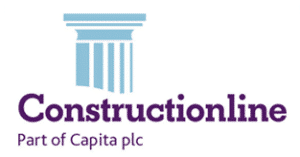



What Are The 5 Most Common Plumbing Problems?
Burst pipes, blocked drains and sinks, dripping taps, running toilets, and faulty water heaters top the list of common plumbing issues in the UK.
What Are The Most Common Plumbing Repairs?
Frequent fixes include unblocking clogged drains or toilets, repairing leaky faucets or pipes, fixing running toilets and troubleshooting problematic water heaters.
How Much Is An Emergency Plumber UK?
The cost varies depending on severity but you can expect to shell out anywhere from £50-£100 per hour.
How Do You Avoid A Plumbing Emergency?
To dodge emergencies; keep your system maintained regularly. Don’t flush non-degradable items down toilet. Check for leaks routinely and fix drips swiftly.

